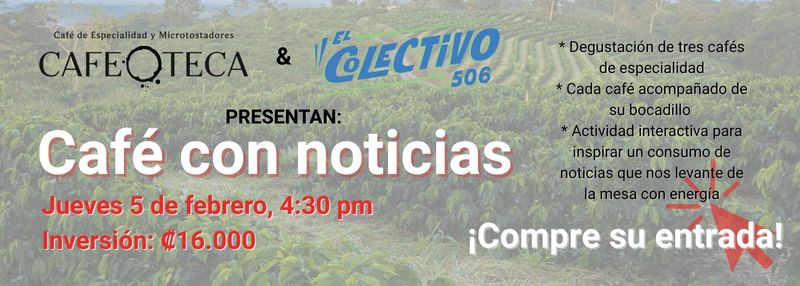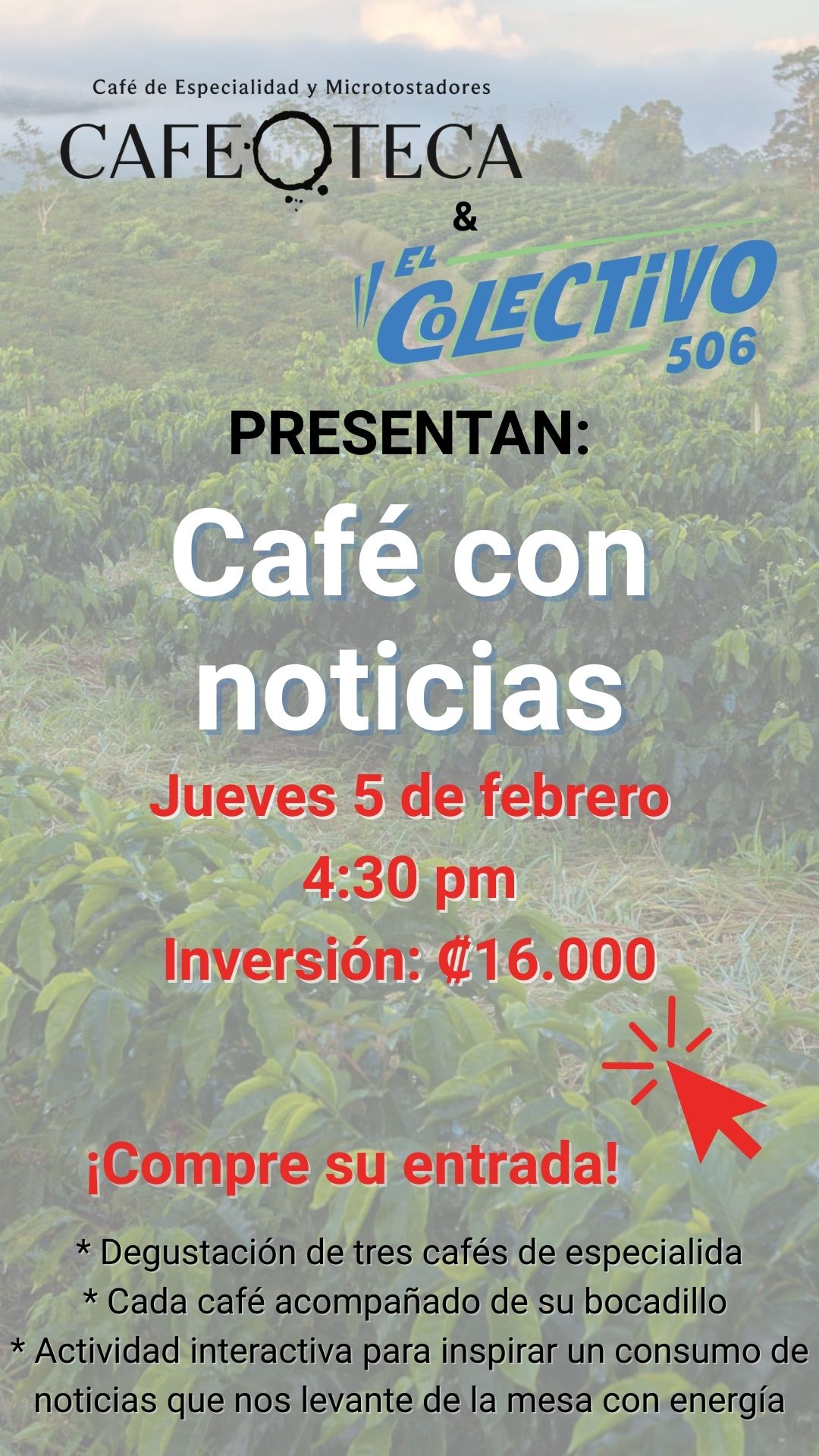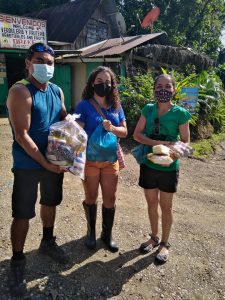
During the pandemic, the Association of Naturalist Guides of Drake Bay (AGUINADRA), where I serve as president, has carried out two fundraising campaigns with Amigos of Costa Rica. The first was to buy food for the guides and other colleagues who lost jobs in tourism due to COVID-19. More than 300 food rations have been delivered to tour guides and other people who work in tourism. In these critical moments when we had nothing to eat, that was the only food that many guides had.
We started delivering food asking for nothing in return, but I told my colleagues, “Life is not like that. It is not just receiving with nothing in return. People have to earn it. People have to contribute something to the community ”. Several of my colleagues on the board of directors said, “That is not going to work.” But I said, “We lose nothing by trying”.
It was a success! We managed to do so many things. In exchange for the food rations, we ask for a community service day. People had to help us fix the streets, the school, the church, the beach, garbage collection: we hosted many activities, and everything went very well.
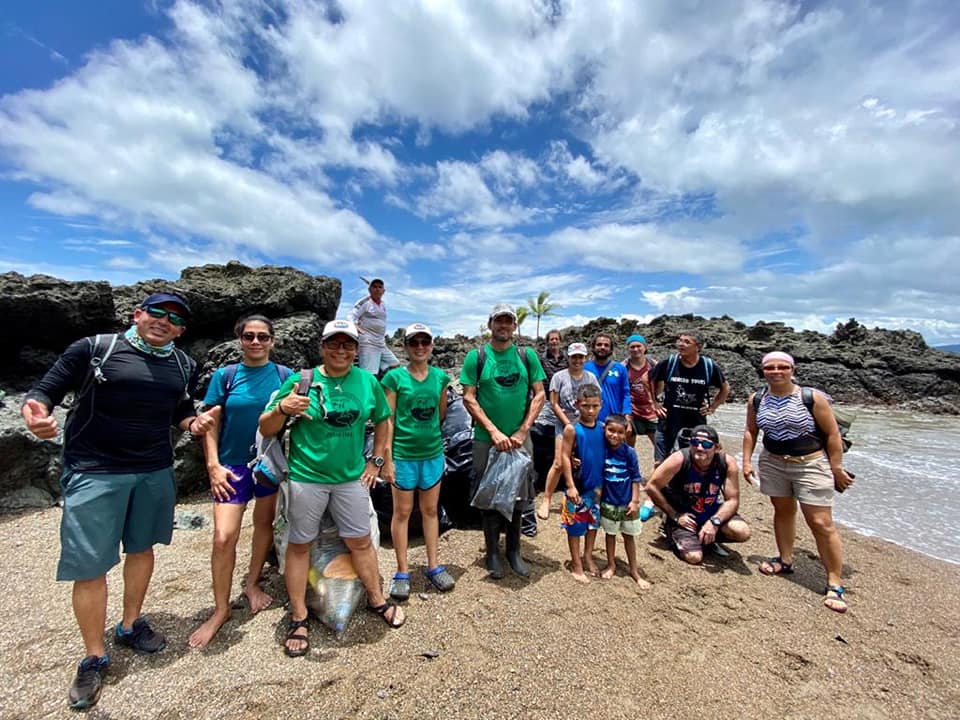
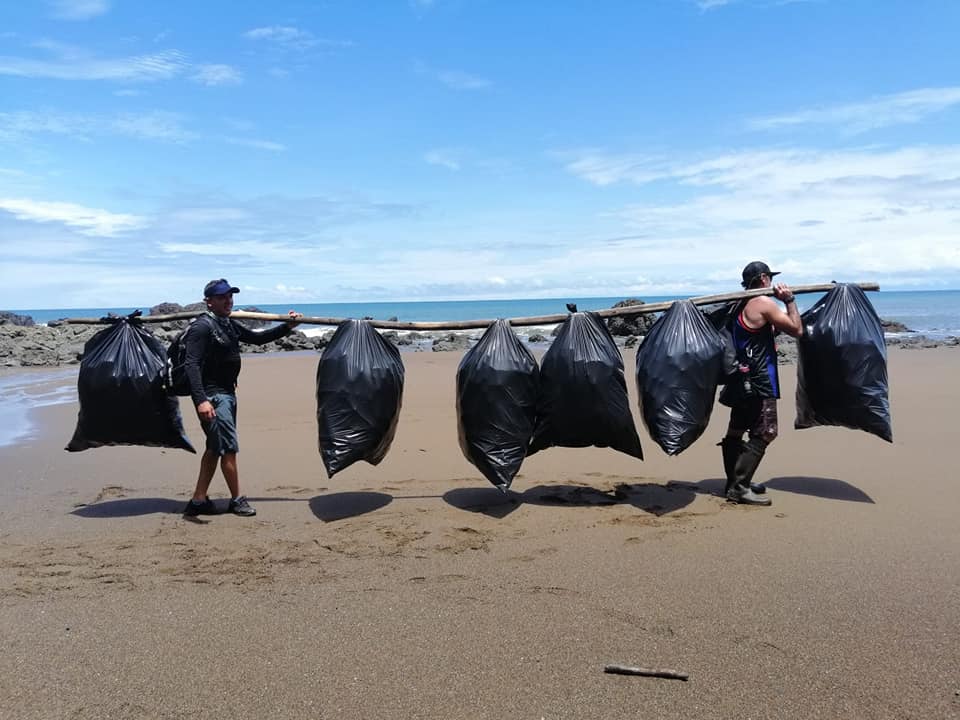
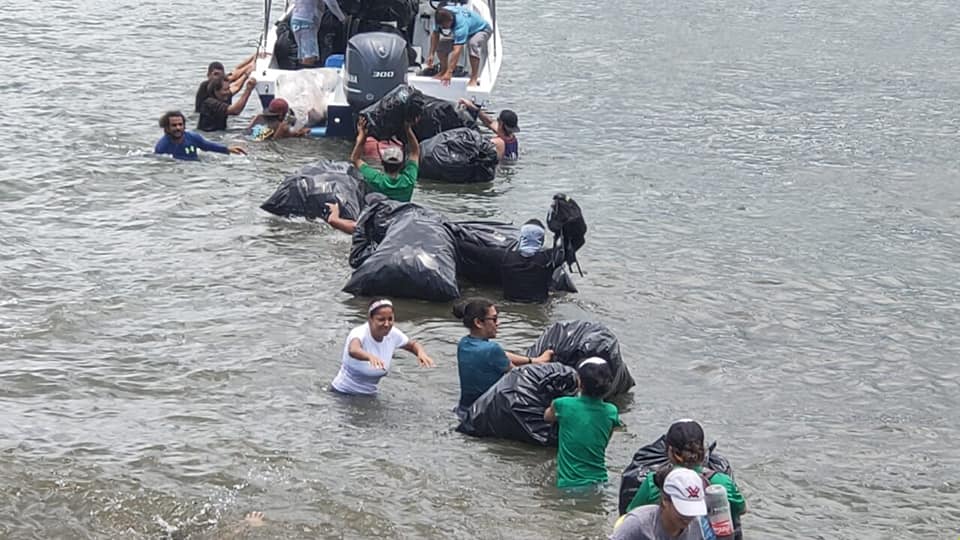
Then came an increase in environmental crimes. Here in my community, I had a case that disturbed me very deeply. Guys I know were gathering groups to go hunting in Corcovado National Park, and they were charging for the trip. For me, it was a shock. It was a terrible thing.
I notified the managers of the Osa Conservation Area (ACOSA) about the day the hunters had entered the park and the approximate date they were going to leave the park, because I had a secret informant. Sure enough, on that night, at the end of April 2020, there were various motorcycles in front of my house, with men carrying sacks full of meat. I immediately called the head of Corcovado National Park and said, “They are here. What are we going to do?”
And he said, “Well, hold on. I have to start figuring out what to do.”
I could only think, “How is this possible, if I told them three days ago? If today in the morning I went to tell them that today they were coming out [of the park]?” I called one official; I called another; I called the police. Who didn’t I call? That day was very frustrating for me. I sat at the table crying, because I thought, “How is it possible that they are so inoperative? So inefficient? After 10 years spent denouncing this kind of thing, oftentimes without receiving a satisfactory response and, furthermore, receiving death threats, I thought: Enough is enough!”
The next day I spoke with the Conservation Areas boss who supervises the Corcovado National Park head, because in these institutions it’s all about the boss of the boss of the boss, and in the end that system is useless. He told me, “Listen, we do the best we can with what we have.” I said, “You know what? I have listened to that philosophy for over a decade and I will not tolerate it anymore. If I have to take this to the President of the Republic, I will do it, but this will not stay here.”
So we made [WhatsApp] audios to publicize the situation. The president of the Drake Integral Development Association (ADI) helped me, and the audios went viral. All that visibility helped a lot. I was contacted by various media such as La Nación, Amelia Rueda and others.
I contacted the Environment Minister and told him, “We have a problem, and I offer you a possible solution: the Natural Resources Surveillance Committees, COVIRENAS.” COVIRENAS was a volunteer nature guard project that we had tried to start in 2018, and it was cast aside within ACOSA. It never went anywhere.
I explained the concept to the minister, and said, “Help us, and we will get out there.”
And everything moved very fast. They brought us the trainings, they mobilized us in their cars. We managed to form the groups. As of today there are already six committees and more than 70 ad honorem certified inspectors in Alto Laguna, Pejeperro, Puerto Jiménez, Rancho Quemado, the Térraba-Sierpe Wetland, and Drake Bay, where I live.
What have we achieved? Where I work, in Drake Bay, we have encouraged people to report. Before, people were not encouraged. Now we are receiving audios and private messages all the time. They tell us, “Look, so-and-so is in this area. They are going to hunt; this or that is happening.” Before, that information didn’t reach us.
People are now also using official reporting channels. Before they did not know how to report, but we have done some campaigns about it, and we have seen a change.
Also, community members recognize and respect the COVIRENAS guards. Hoteliers and other property owners are allowing us to patrol their properties because they know that it is free surveillance. They have even offered us room and board. Several people and organizations have donated money, and with that we have bought equipment, t-shirts, insurance, food, and transportation. All the positive comments we’ve received on social media have been a huge motivator. We were even ranked #180 in the Green Latin America Awards!
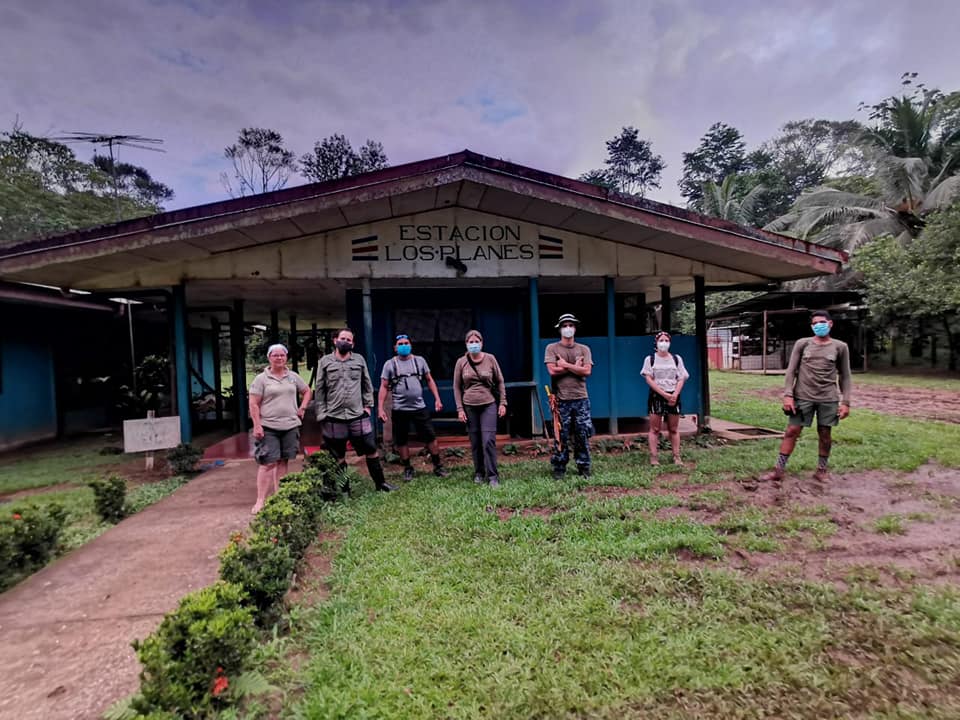
I feel that the greatest achievement is the change in community mentality. Now, part of the local population feels that the responsibility does not rest solely with the Ministry of the Environment (MINAE). I know: they are paid to do that job, and they have not done it well. But natural resources provide food and work for all of us, so it is everyone’s responsibility to take care of them. Our impact has been that people in the communities are waking up. They are understanding that MINAE cannot do it alone. Conservation is everyone’s responsibility if we want to continue relying on nature, which is what brings us tourists and generates income for us.
Obviously we need financial resources, but we are going little by little. It has been a very enriching experience for me and I think for all my colleagues. We do it with a lot of motivation. We love to go to the mountains, get wet and dirty, and get bitten by mosquitoes. Also: most of us COVIRENAS, at least in Drake, are women. I love seeing more people join us every day, whether as volunteers or because they want to be COVIRENAS, too.
COVIRENAS is a national movement. I invite you to find us at www.sitada.go.cr and learn whether there is an active group near you, that you can join and support from time to time. Anyone who would like to support our efforts in the South can contact us at 6131-2708, at [email protected] or on Facebook.
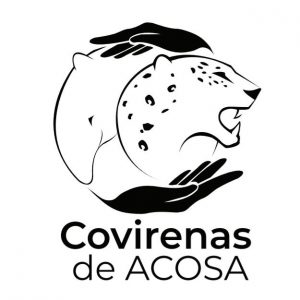
To learn more about AGUINADRA or donate to the association, we invite you to visit their Facebook page. You can also donate to the association through their page at Amigos of Costa Rica, a U.S. entity that represents more than 100 nonprofit organizations in Costa Rica.
Stories created under the “Directory 506” byline are a joint effort between the editorial team of El Colectivo 506 and the entrepreneurs and organizations that participate in our national directory of rural tourism. This report was created thanks to the comments of Rebeca Quirós. For more information about Directory 506, send a WhatsApp message to 8506-1506 or email us at [email protected].





